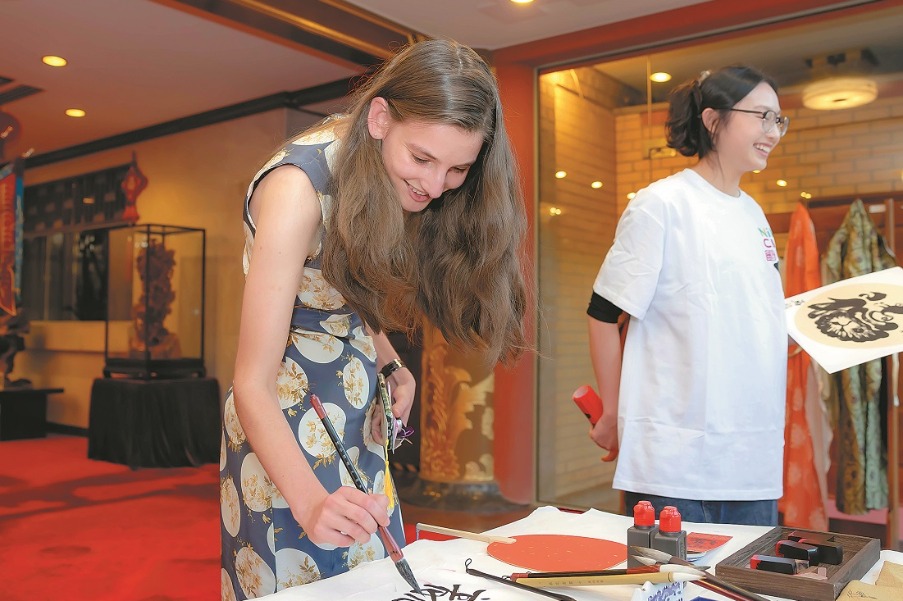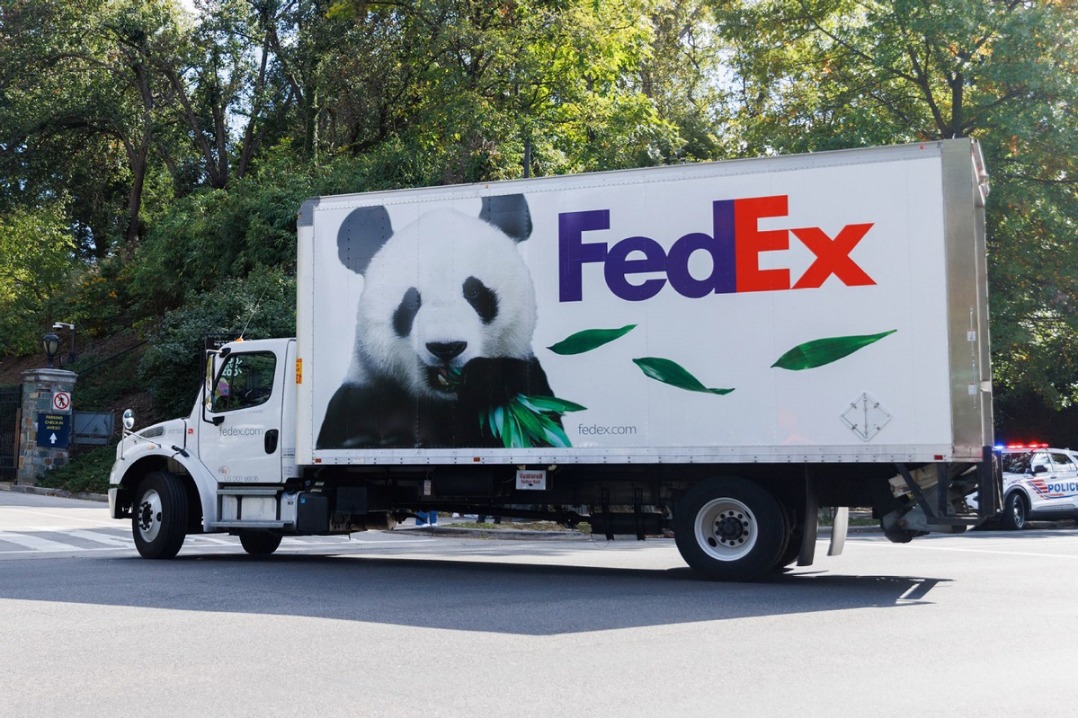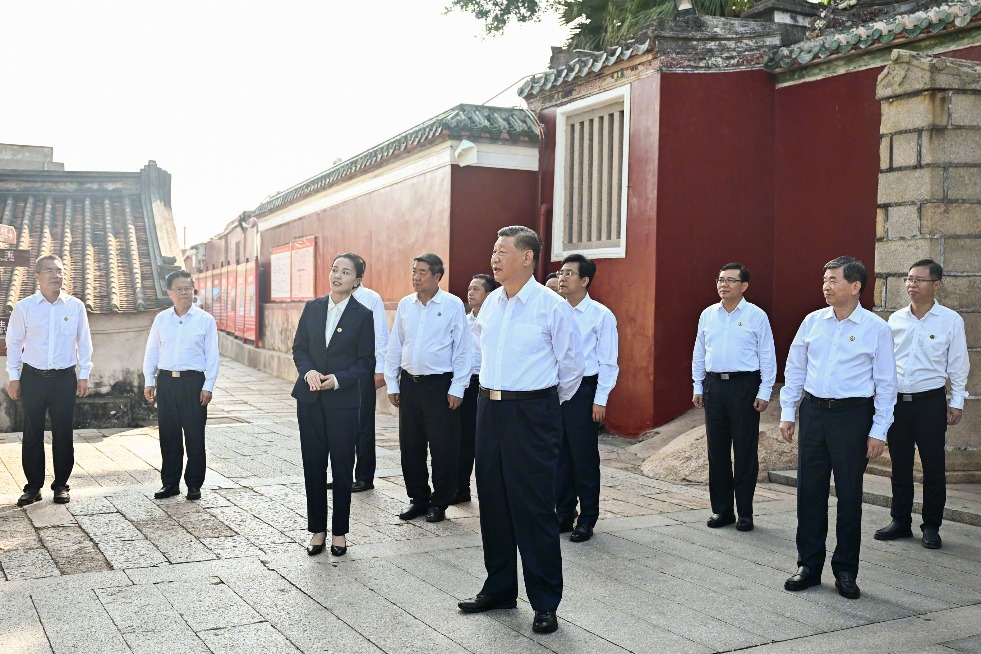Planting for the future
Seed specialists ensure the survival of a key component of life and provide a secure environment for possible revival, Yi Ling and Yue Ranran report in Kunming.


New technology
"At present, we are working on the technology of seed cryopreservation. If successful, seeds will be placed in liquid nitrogen at — 196 C after special treatment, which may achieve permanent preservation," says Lin Liang, a senior engineer at the Kunming Institute of Botany.
Clad in a full-body protective suit to endure the frigid conditions of liquid nitrogen, Lin carefully extracts embryos from magnolia tree seeds stored in a cryopreservation tank. The embryos are then tested to determine if they will successfully grow upon thawing.
Cryo-biotechnology is the combination of ultralow temperature preservation technology and a regeneration system. It plays an important role in the long-term conservation of endangered plants, important crops and their wild relatives, Lin says.
"Many wild plants possess genes that aid their survival in challenging environments, rendering them resistant to diseases and drought. In the future, we might need these genetic materials to breed new crops that can better adapt to the changing climate," he adds.
However, the seeds do not remain in hibernation indefinitely. "Every five or 10 years, we break the seed dormancy, take a small sample, and conduct germination experiments to assess their viability," says Yang Juan, a seed germination supervisor.
Cai underlines the seed bank's direct impact on people's lives, highlighting wild rice as a prime example.
The genes for hybrid rice, developed by the late renowned scientist Yuan Longping, are derived from wild rice. In 1970, Yuan's team discovered male sterile plants of wild rice on Hainan Island in southern China. Years later, they successfully bred hybrid rice using these wild rice plants, greatly increasing national rice yields.
"As the late renowned botanist Wu Zhengyi said, a species affects a country's economy, and a gene relates to a country's prosperity," Cai says.
As to future plans, Cai says they will advance international cooperation on seed collection and duplication.
"Seeds symbolize life and hope. It's our responsibility to better protect the future of humanity," he says.
























